Divine Comedy: Inferno
Divine Comedy: Inferno
Translated by Norton.
Book Excerpt
whose fair realm, Camilla, virgin pure,
Nisus, Euryalus, and Turnus fell.
He with incessant chase through every town
Shall worry, until he to hell at length
Restore her, thence by envy first let loose.
I for thy profit pond'ring now devise,
That thou mayst follow me, and I thy guide
Will lead thee hence through an eternal space,
Where thou shalt hear despairing shrieks, and see
Spirits of old tormented, who invoke
A second death; and those next view, who dwell
Content in fire, for that they hope to come,
Whene'er the time may be, among the blest,
Into whose regions if thou then desire
T' ascend, a spirit worthier then I
Must lead thee, in whose charge, when I depart,
Thou shalt be left: for that Almighty King,
Who reigns above, a rebel to his law,
Adjudges me, and therefore hath decreed,
That to his city none through me should come.
He in all parts hath sway; there rules, there holds
His citadel and throne. O happy those,
Nisus, Euryalus, and Turnus fell.
He with incessant chase through every town
Shall worry, until he to hell at length
Restore her, thence by envy first let loose.
I for thy profit pond'ring now devise,
That thou mayst follow me, and I thy guide
Will lead thee hence through an eternal space,
Where thou shalt hear despairing shrieks, and see
Spirits of old tormented, who invoke
A second death; and those next view, who dwell
Content in fire, for that they hope to come,
Whene'er the time may be, among the blest,
Into whose regions if thou then desire
T' ascend, a spirit worthier then I
Must lead thee, in whose charge, when I depart,
Thou shalt be left: for that Almighty King,
Who reigns above, a rebel to his law,
Adjudges me, and therefore hath decreed,
That to his city none through me should come.
He in all parts hath sway; there rules, there holds
His citadel and throne. O happy those,
Editor's choice
(view all)Popular books in Poetry
Readers reviews
5.0
LoginSign up
If you haven't read this, read it. READ IT NOW. Regardless of religion, the moral precepts and deep insights into the human mind are enough to interest any reader. The beauty of this work is that it applies to humanity as a whole; a true epic. As for the translation, it was done by Henry Wadsworth Longfellow, one of the greatest poets of the 19th century. If anyone must translate poetry, who better than another famous poet? Pick this up and just read the first canto or two. You'll no doubt finish it from there.
- Upvote (0)
- Downvote (0)
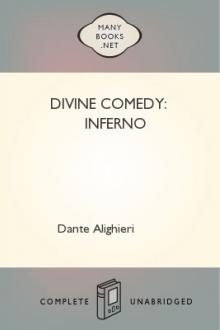
 Free Download
Free Download












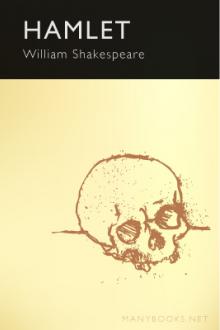
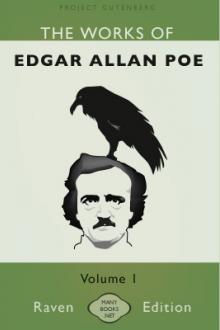
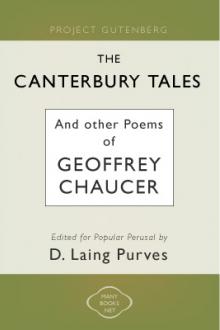
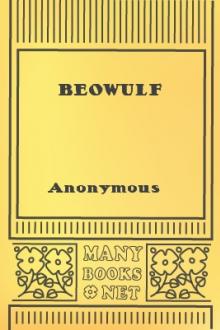
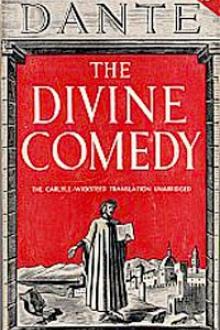
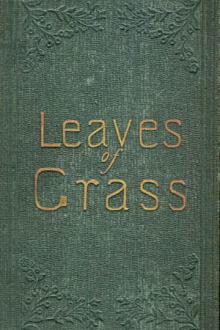
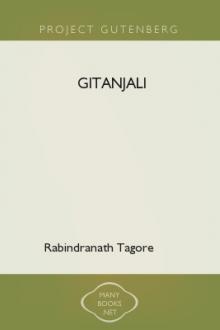
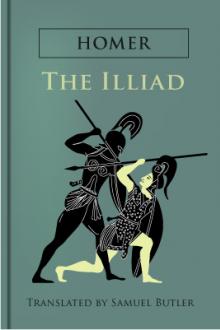
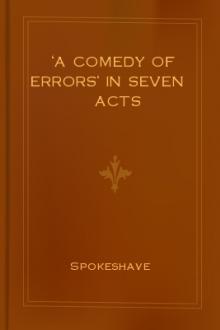
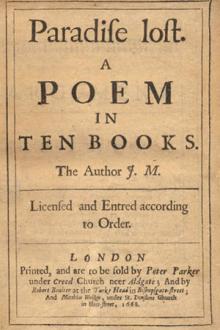
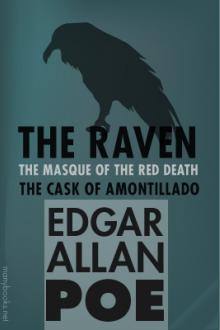
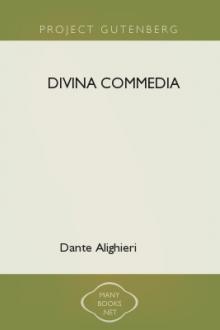
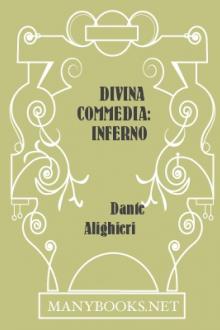
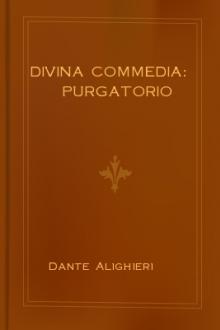
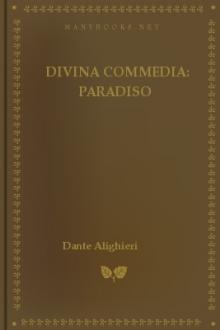
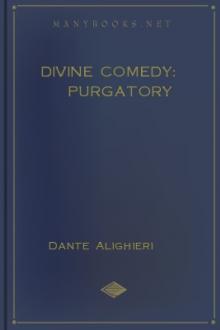
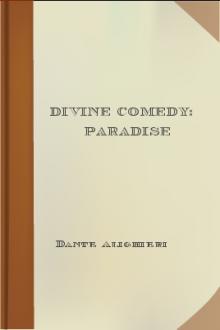
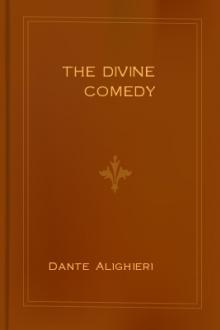
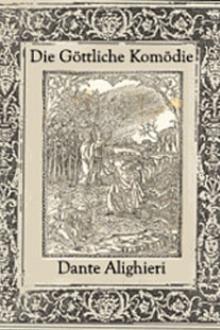
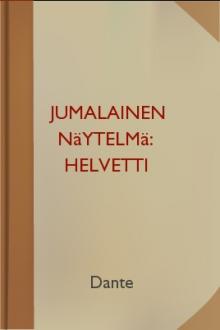
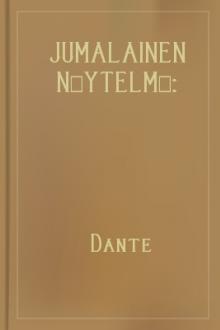
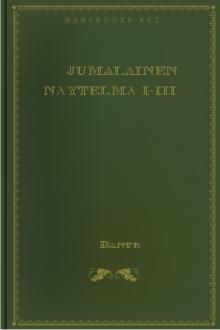
-itok=vcKIB5v1.jpg)